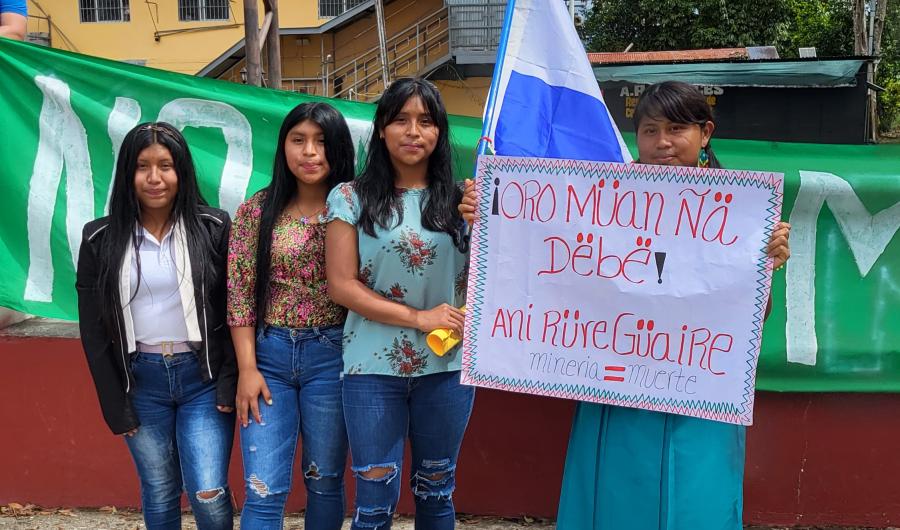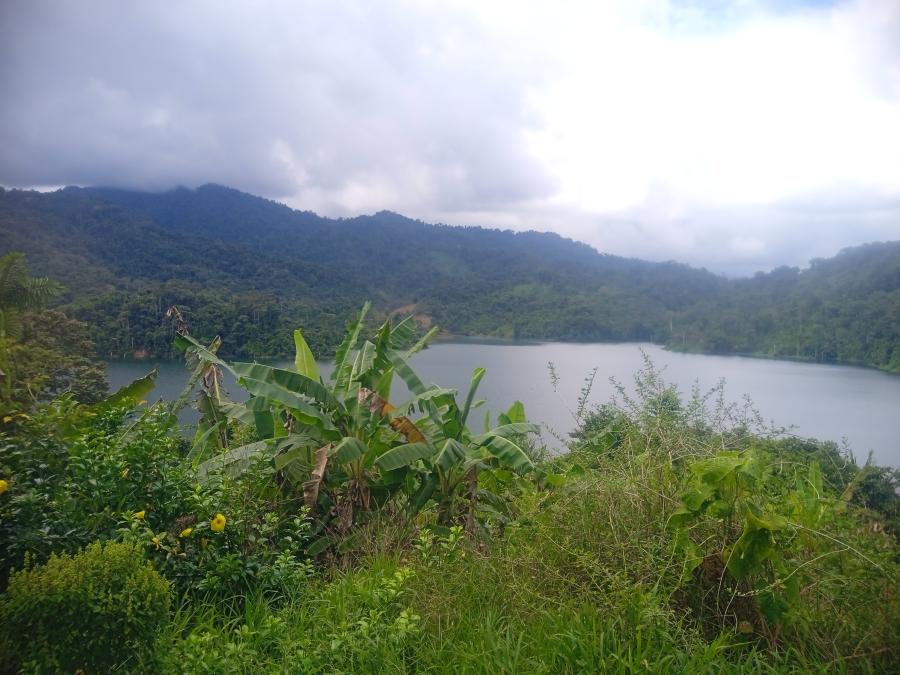The UN Special Rapporteur on the Situation of Human Rights and Fundamental Freedoms of Indigenous Peoples has issued a hard-hitting report on the hydroelectric dam being built across the Changuinola River in western Panama, which threatens the homelands of the Ngöbe people and which Cultural Survival has been working to stop since 2008. The May 12 report by James Anaya, the special rapporteur, confirms Cultural Survival's complaints about the actions of the AES Corporation, which is the building the dam in partnership with the government of Panama, and echoes Cultural Survival's recommendations for action. The dam would flood the Ngöbe's homeland, yet the company and the government made no attempt to involve the Ngöbe in plans for the dam. Rather, they used a variety of unscrupulous tactics to trick or force the Ngöbe out of their homes. In response to that situation, Cultural Survival helped the Ngöbe file a petition with the Inter-American Commission on Human Rights, which is about to issue a finding on the petition.
Anaya, who visited the communities and met with Panamanian government officials in January, 2009, finds that the government ignored its obligation to consult with the communities and seek their free, prior, and informed consent before moving ahead with the construction project. Anaya rejects the government's argument that it was not required to seek consent under the terms of ILO Convention 107, to which it is party, and which allows governments to go forward with projects that are in the interest of national economic development. Anaya points out that international law has evolved substantially since that treaty was adopted in 1957, that in fact ILO 107 has been superseded by ILO Convention169, which does not contain a similar provision.
Anaya also cites the UN Declaration on the Rights of Indigenous Peoples, which Panama supported, and the decisions of the Inter-American Court of Human Rights, which all require getting Indigenous Peoples' free, prior, and informed consent.
In an unusual move, Anaya's report also looks at the obligations of AES-Changuinola for violations of the Ngöbe communities' rights. While international human rights law usually addresses only the responsibility of states, Anaya says that in this case the corporation was complicit in using the National Police to restrict the Ngöbe's movements and to intimidate community members so their peaceful protests would not disturb construction. The report urges the corporation tomeet international standards for corporate social responsibility and not contribute, even indirectly, to violations of human rights. He also calls on Panama to better control its agents.
Anaya says that AES's negotiations with individual families ignored the Ngöbe's social organization and traditional collective decision-making processes and that the "benefits" that the government and the company claim to have given the Ngöbe are in fact public services that the government is already required to provide under international law. Moreover, the compensation the company and government has provided only deals with the loss of Ngöbe homes, buildings, and crops, not the loss of their lands and natural resources. And the company and the government have made no effort whatsoever to ensure that Ngöbe community members get an equitable share of the profits from the hydroelectric project.
The government has argued that the Ngöbe's territory was not traditional because the Ngöbe could not prove they had occupied it since colonial times or for multiple generations. But Anaya reports that there is substantial evidence that the land was occupied for decades in accordance with traditional Ngöbe land tenure practices, and says that the government has an obligation to conduct an exhaustive investigation within the framework of contemporary international law before reaching a different conclusion.
Anaya reports on his visits to two affected communities, Charco la Pava and Changuinola Arriba, where he found that the people were angry about the project, even where community members were employed to work on it. He says that dam construction has advanced to such an extent that community members feel they have no option but to go along with it, a situation made worse by the gross imbalance of power and lack of access to information they face.
In his conclusion, Anaya recommends that notwithstanding the significant expense that has already been devoted to building the dam, Panama consider suspending dam construction and the relocation of the communities for a reasonable period, to create the conditions under which a good faith dialogue can be undertaken between the communities and the government. In carrying out that dialogue, he says, there should an independent mediator to manage the process, and the government should ensure that the Ngöbe have adequate economic and technical assistance to participate in it effectively.
UN Special Rapporteur reports carry considerable moral authority, even though they can only present findings and make recommendations. Cultural Survival will keep up its pressure on Panama and AES-Changuinola to act on those recommendations.


